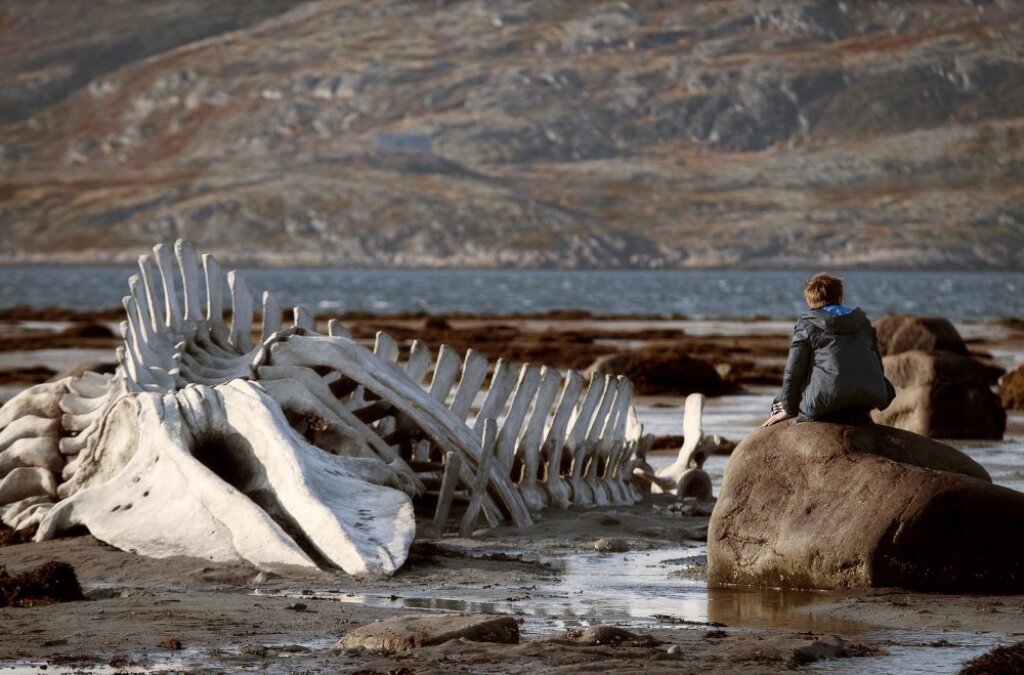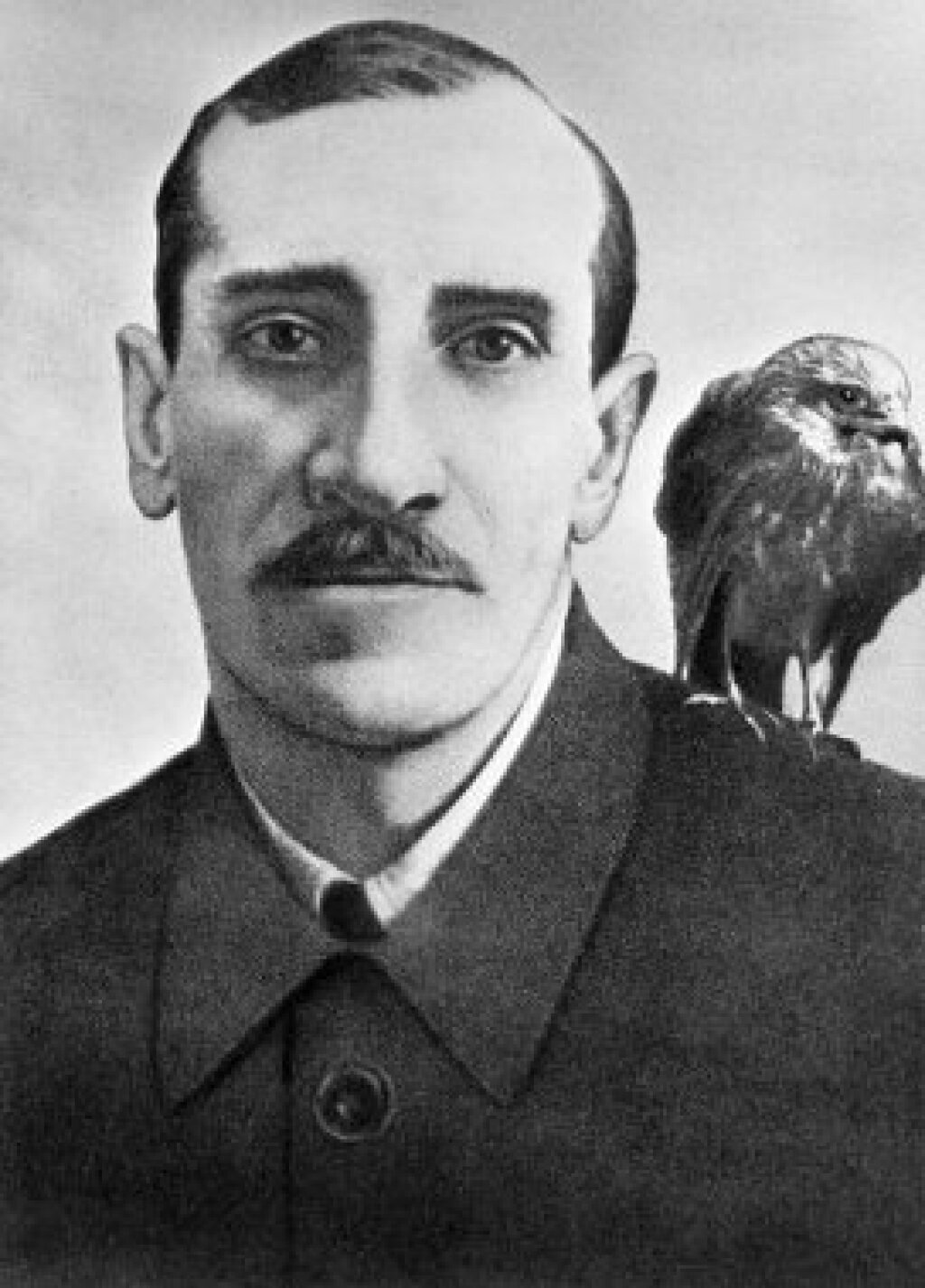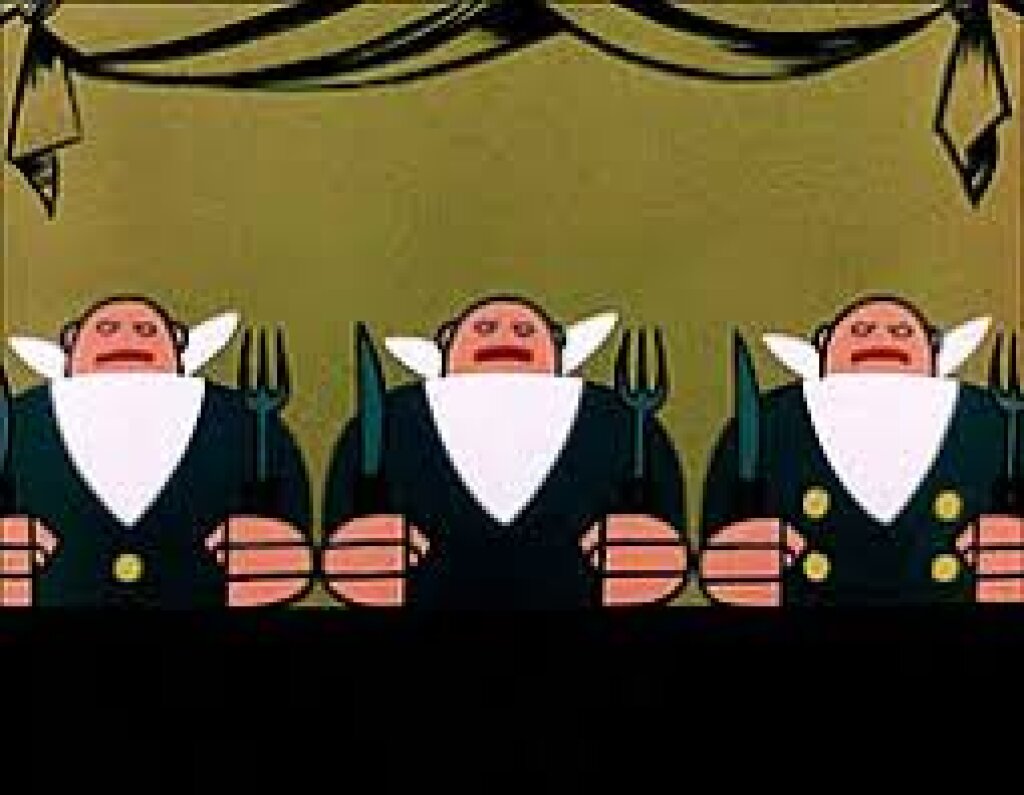Susanne Wengle is an assistant professor in the Political Science Department at the University of Notre Dame. Her book, “Post-Soviet Power: State-led Development and Russia’s Marketization,” (2015, Cambridge University Press) examines the political economy of newly created electricity markets in Russia.
Evgenia Olimpieva is a third year PhD student in Political Science at the University of Chicago specializing in comparative politics and political methodology.
Christy Monet is a PhD Candidate in Political Science at the University of Chicago. Her dissertation focuses on the figuring of the family in 19th-century Russian literature as constitutive of Imperial Russia’s engagement with liberal political thought.
Andrei Zvyagintsev’s Leviathan was a remarkable film. When it first appeared on Russian screens in 2014, and even more so after its Oscar nomination for best foreign film, it stirred major public debates in Russia, of the kind that the country had not seen in years. Thousands of commentaries on the film appeared in various media – in print and the Russian blogosphere – as prominent politicians, pundits and journalists reflected and referred to the film narrative. Comments ranged from utter denial of the film’s artistic integrity to the highest praise. Critics accused Zvyagintsev of pandering to the West with a portrayal of Russia replete with facile, false and purely negative stereotypes. Admirers saw it as one of the most truthful and accurate portraits of contemporary Russia.
The plot of Leviathan revolves around the family and home of Nikolai “Kolya” Sergeiev (played by Alexei Serebryakov), a middle-aged, re-married father and car mechanic whose ancestral home is taken over by the small fishing town’s corrupt Mayor Vadim (Roman Madyanov). Kolya, his wife Lilya (Elena Lyadova), and his old friend and lawyer Dima (Vladimir Vdovichenkov) begin the film united as the powerless against the powerful. They fight to keep Kolya’s ancestral home from expropriation by the town’s authorities—representatives of the eponymous “Leviathan”—only to fall incredibly low. In the end, Dima barely survives the confrontation with state power, Lilya dies, and Kolya is incarcerated.
In our recent article in Slavic Review, we look closely at the film and the debates it generated because it so clearly touched both admirers and critics. The Leviathan debates made clear that critical voices in Russia were not dead, as many at the time believed, as millions of societal actors were eager to engage with highly political issues raised in the film. Although Zvyagintsev himself resisted the characterization of the film as “political” — not wanting to detract from its artistic value — the film was indeed a political phenomenon. It directly engaged with the state-sponsored ideological narratives of the Putin era, providing a provocative and effective critique of the “foundation myth” of Putin’s rule and Russia’s post-Soviet social contract.
Leviathan surely was not the first artistic critique of Putin’s regime. Other examples include Pussy Riot’s “punk prayer” and Pavel Pavlensky’s political art performances. But these were either disregarded or not accepted by most Russians. Why was Leviathan’s reception so different and how did Zvyagintsev’s film manage to achieve such resonance?
We argue that the film effectively generated political debates because it left viewers to grapple with a series of ambiguous positions. Rather than presenting an alternative utopia, audiences partake in Kolya’s tragic story — a “little man,” the familiar hero in the Russian literary tradition. Leviathan thereby raised a whole series of deeply unsettling questions with audiences: have the bespredel, violence and decay of the 1990s been indeed defeated? Does injustice and suffering continue? Is revolt against unjust authorities justified? How much suffering must be endured before the covenant with the “Leviathan” is invalidated? What is the role of the church and religion, and what is the status of law in the country? What are Russian realities? Are the narrative and images in the movie of a decaying fishing village, predatory authorities and helpless, drunk citizens a truthful reflection of the country?
These questions and myriad answers were debated by the Russian public in connection with the film. We argue that such debates about authority, agency and authenticity in fact constitute the core of Russia’s ideological terrain today. Such debates emerged after Leviathan’s release, but they tie into themes with much deeper roots in Russian intellectual history. These deliberations merit attention especially at a moment when most observers are focused on the widening reach of Russian state “propaganda,” both domestically and abroad. An account of how societal or civic voices responded to the state’s narratives reveals a very different and novel “map” of Russia’s contemporary ideological terrain.



